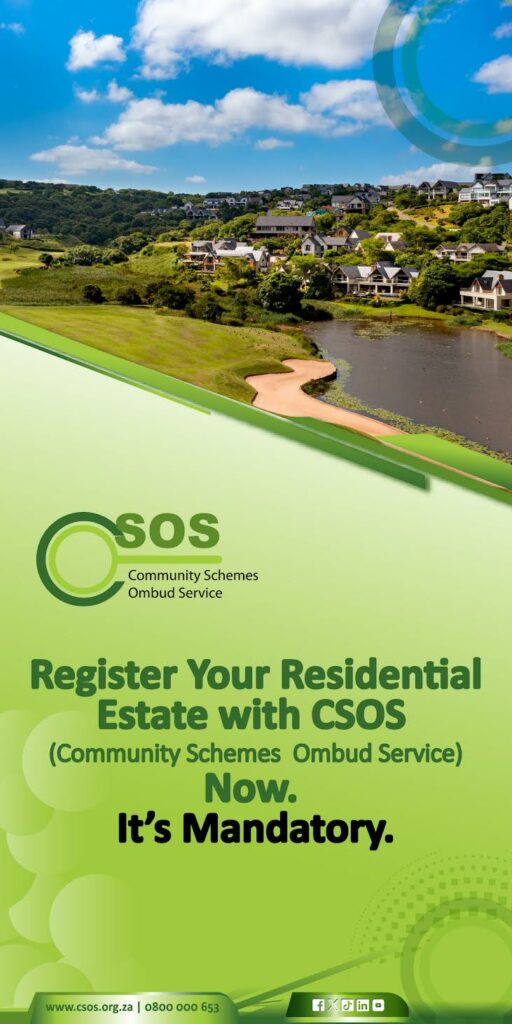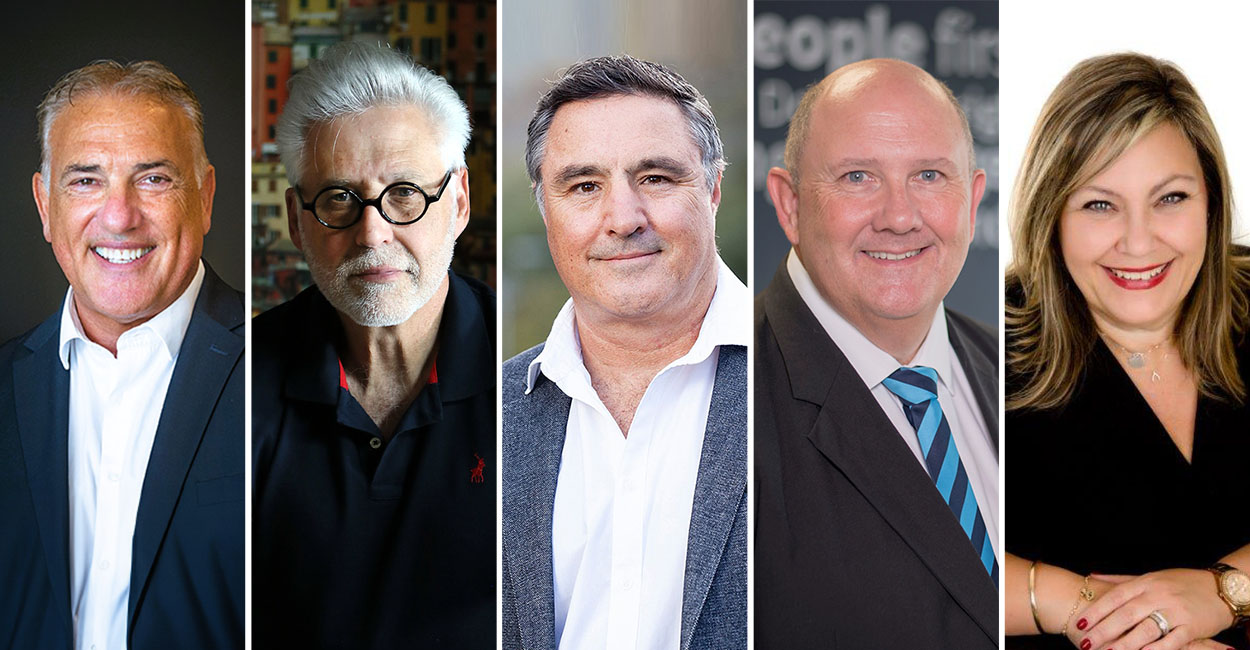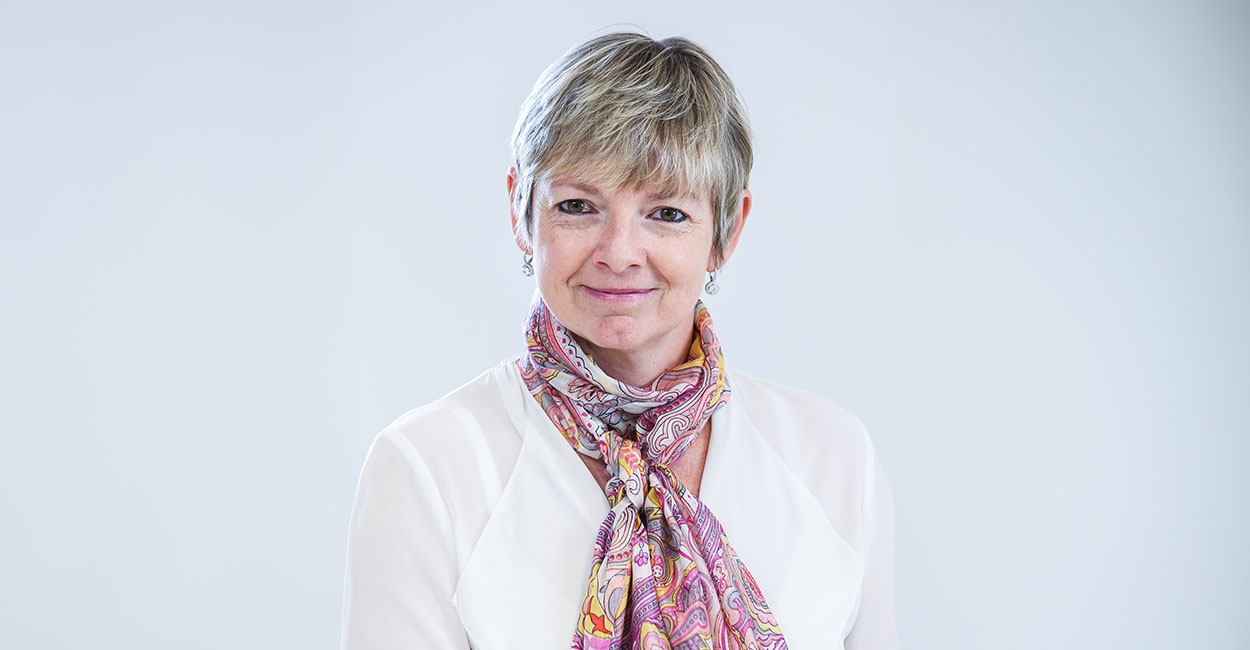MAIN IMAGE: Just Property CEO, Paul Stevens
Staff writer
Investment strategist, Magnus Heystek tells us that, buying a house is a clever idea but not to expect that house to appreciate or give us the capital we need to retire comfortably. Just Property CEO, Paul Stevens, does not agree with everything Heystek said but agrees that not all property investments will yield the returns you want. So, what can we do to ensure our homes retain as much value as possible?
Investment strategist, Heystek’s tweet on 10 February about selling an investment property for less than half the price he’d bought it for, sparked vigorous debates on various platforms around the performance of a property as an asset. Buying a house is a promising idea but he tells us not to expect that house to appreciate or give us the capital we need to retire comfortably.
Well, for many South Africans, buying a home is the biggest investment they will ever make. Not everyone agrees with everything Heystek said but agrees that not all property investments will yield the returns you want. So, what can we do to ensure our homes retain as much value as possible?
Location, location, location
In “Property: the good, the bad and the ugly” back in 2014, Heystek wrote that “a residential property bought at the right time and in a good area could be a very good investment… as long as the area does not succumb to the effects of demographic contagion and municipal decay, both of which are a reality today.”
It is an interesting point. Everyone focuses on the importance of maintaining one’s residential property and making astute improvements. But what we forget is the impact the neighbourhood itself has. And the community’s will to maintain or elevate the standard of their neighbourhood.
It is easier to sit back and moan about the potholes, the crime, and poor services. But an active community can have a massive impact on all these issues.
In that same 2014 newsletter, Heystek wrote: “A house in a good and growing area where there is an increase in economic activity can be a solid investment over time.” Just Property Mossel Bay franchisee, Cobus van den Berg said the trick is to make that clever purchase, but then to commit to ensuring that your area remains “good” and continues to grow.
Keeping up with the Joneses
There are negative connotations to that well-known saying but what if “keeping up with the Joneses” and your other neighbours did not mean competing with them and making bad investments on luxuries for show. What if it simply meant keeping in touch and keeping up standards? What if it meant putting down our phones to have a chat over the fence?
The same three things came up when the question is asked what, other than affordability, makes an area attractive to buyers:
- Security: Andrea Stevens of Port Elizabethnoted: “For the average South African buyer, security is one of their top three requirements when making a decision to invest in a property or an area. Neighbourhoods that are proactive with all the crime prevention strategies will have an advantage over those with no crime prevention in place.”
- Street appeal: Practitioners said that according to their calculations, up to 90% of buyers are more inclined to make an offer on a home in a street that is neat, clean, and attractive. Celia Lourens of Stilbaai said: “The impact on prospective buyers of well-maintained sidewalks, boardwalks to the beach and houses with curb appeal cannot be overstated.”
- An involved community: The responses received ranged from:
“Managed community engagement has a positive effect on everyone – and property values,” “most of the buyers we encounter prefer to know that there’s a community WhatsApp group,” “regular neighbourhood meetings where people can discuss the community’s needs are powerful. It is amazing to see what great ideas pop up in group meetings because everyone has the same interest and goals,” “some of the community initiatives that have resonated with my buyers include designating homes and businesses as a ‘safe house’ where any child feeling unsafe knows they can get help.”
Other initiatives that make an impact on prospective buyers include:
- residents mucking in when something goes wrong – e.g., when there is a municipal strike,
- having a local councillor who actively attends to,
- street parties where everyone gets to know each other,
- help for the elderly in the area,
- clubbing together to buy cameras that home-bound residents monitor,
- inviting first-aiders and local security companies to address and train domestic workers and gardeners.
Opportunity cost
When these points are raised, people often say, “I pay my rates and taxes, why should I do the municipality’s job for it?”
Well, that is true. But it is also short-term thinking. Stevens leaves this challenge: to do whatever we can to ensure that the street (if not the entire area) where we own a home is safe for our families and that our homes – one of the biggest investments we will ever make in our happiness and our futures – retains its value.
“In order for my home to retain its value, it needs to be able to attract buyers who are prepared to pay what it is worth. And that means I must maintain the home and its street frontage. But I am convinced that doing my bit to build an involved community, where we are all invested in maintaining or even raising standards, goes a long way toward ensuring a happy home on a happy street in a happy neighbourhood, that other buyers want to be part of,” says Stevens.








